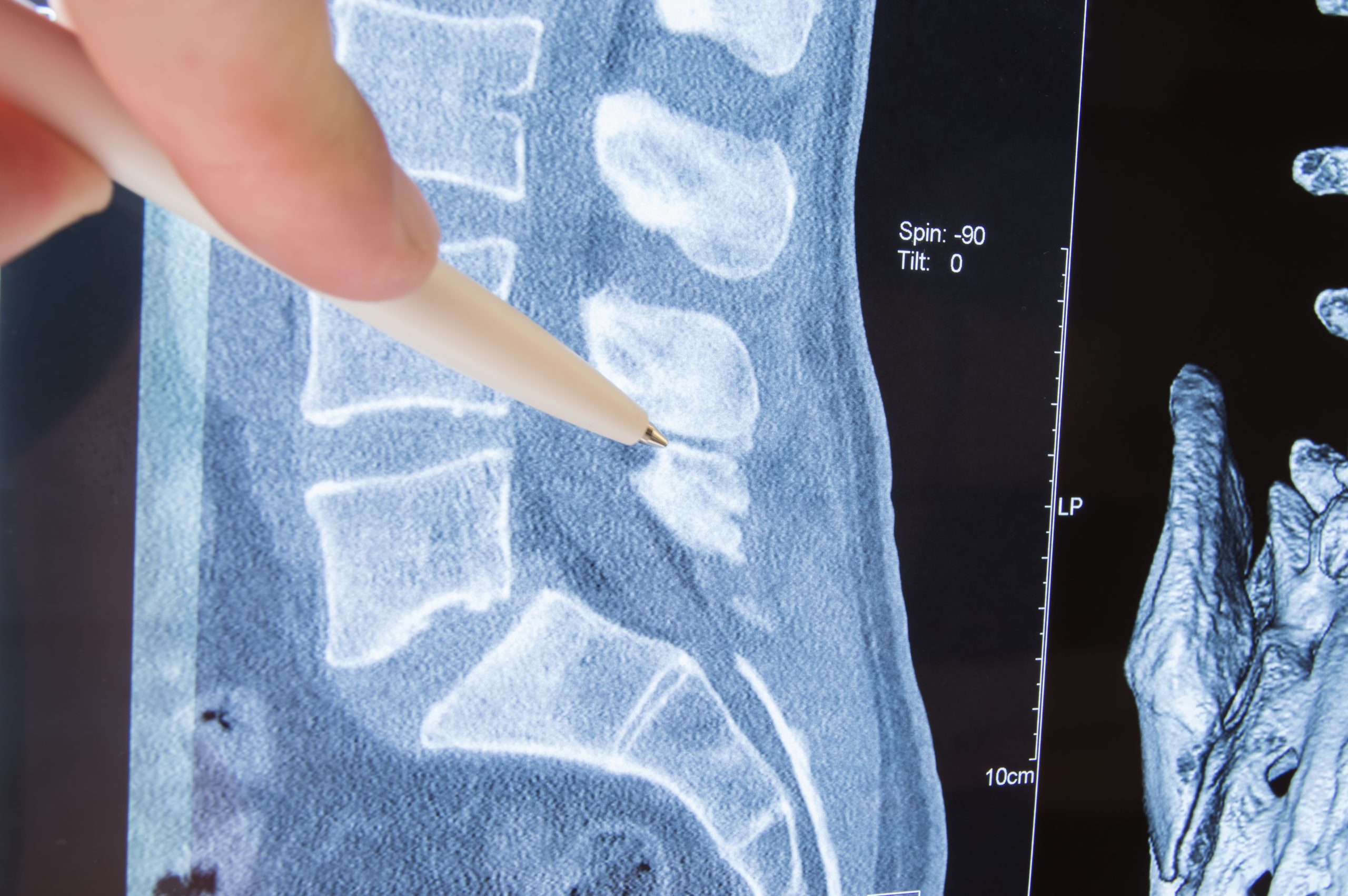A Comprehensive Guide to Anterior Lumbar Interbody Fusion
Anterior Lumbar Interbody Fusion (ALIF) is a specialized spine surgery designed to relieve chronic back pain by fusing vertebrae through an incision in the abdomen, offering improved stability and reduced discomfort.

What is Anterior Lumbar Interbody Fusion (ALIF)?
Anterior Lumbar Interbody Fusion (ALIF) is a type of spinal fusion surgery that involves accessing the spine through the abdomen. This approach allows surgeons to avoid cutting through the back muscles and ligaments, which can lead to a quicker recovery. During the procedure, the surgeon removes a damaged disc and replaces it with a bone graft or a synthetic spacer to stabilize the spine and relieve pain.
What Conditions Does ALIF Treat?
Who Can Benefit from ALIF?
You may be a candidate for ALIF if you have:
- Candidates with Chronic Pain: ALIF is recommended for people with chronic lower back pain unresponsive to conservative treatments like physical therapy, medications, or injections.
- Specific Conditions: It’s particularly beneficial for those with significant disc degeneration, spinal instability, or deformity.
- Health Requirements: Ideal candidates are generally in good health and can tolerate the surgery and recovery process.
- Thorough Evaluation: Doctors conduct thorough evaluations, including imaging studies and physical exams, to determine if ALIF is the right option.


What are the Benefits of ALIF?
The main goals of ALIF are to alleviate pain, improve stability, and enhance the quality of life for patients suffering from debilitating spinal conditions. Key benefits include:
- Pain Relief: By stabilizing the spine and removing the damaged disc, ALIF can significantly reduce or eliminate chronic back pain.
- Improved Spinal Stability: The bone graft or spacer helps stabilize the spine, which can prevent further degeneration and issues.
- Better Spinal Alignment: The anterior approach allows for better correction of spinal alignment compared to other methods.
- Reduced Muscle Damage: Since the surgery avoids cutting through back muscles, patients often experience less postoperative pain and a faster recovery.
What are the Risks and Complications of ALIF?
As with any surgery, ALIF carries certain risks and potential complications, including:
- Infection: There is always a risk of infection at the surgical site.
- Blood Clots: Surgery increases the risk of blood clots, which can be serious if not treated promptly.
- Nerve Damage: There is a risk of nerve damage during the procedure, which can lead to numbness, weakness, or pain.
- Vascular Injury: Due to the proximity of major blood vessels, there is a risk of vascular injury during the surgery.
- Postoperative Ileus: Temporary paralysis of the bowel, causing discomfort and delayed recovery.
- Nonunion: In some cases, the bones may fail to fuse properly, requiring additional surgery.
Recovery and What to Expect
Recovery from ALIF typically involves a hospital stay of a few days, followed by several weeks to months of rehabilitation. Patients will need to follow a detailed recovery plan, including:
- Physical Therapy: To strengthen the muscles and improve mobility.
- Pain Management: Medications to manage pain during the initial recovery phase.
- Activity Restrictions: Avoiding heavy lifting and strenuous activities until the spine has fully healed.
- Physical Therapy: To strengthen the muscles and improve mobility.
- Pain Management: Medications to manage pain during the initial recovery phase.
- Activity Restrictions: Avoiding heavy lifting and strenuous activities until the spine has fully healed.
Spine Surgeons That Offer Lumbar Fusion
Find a Location
MENDELSON KORNBLUM PAIN MANAGEMENT - LIVONIA
For appointments contact
Scheduling: 855.750.5757
For billing questions
Billing: 586.439.6242
Fax: 734.542.0220


